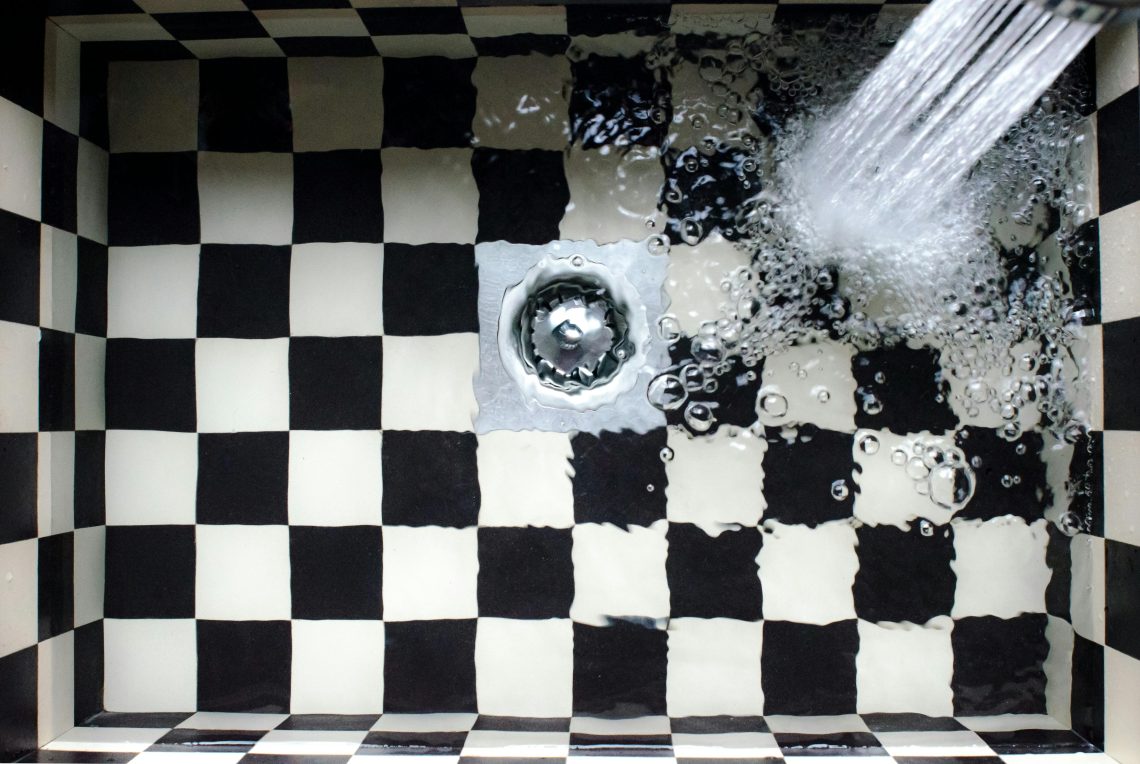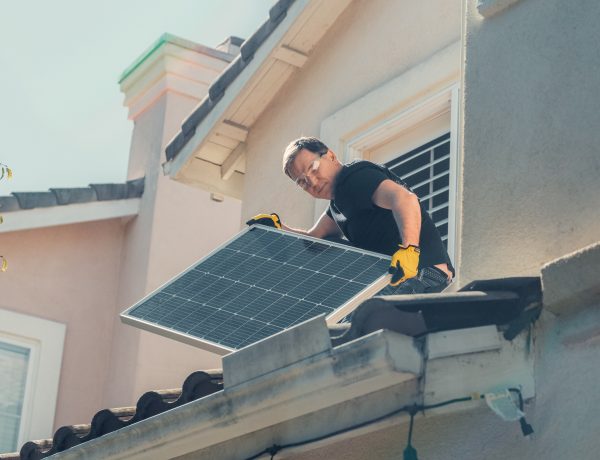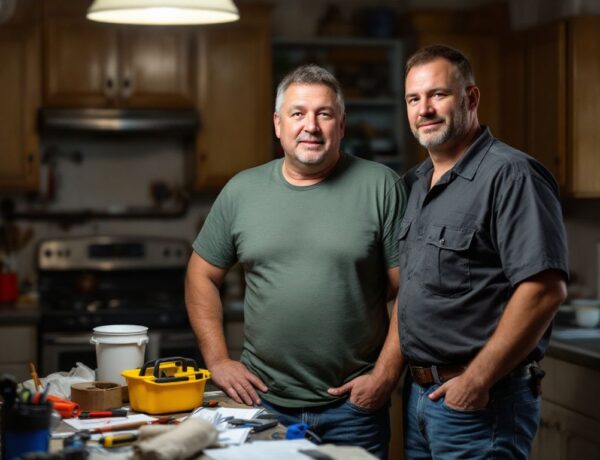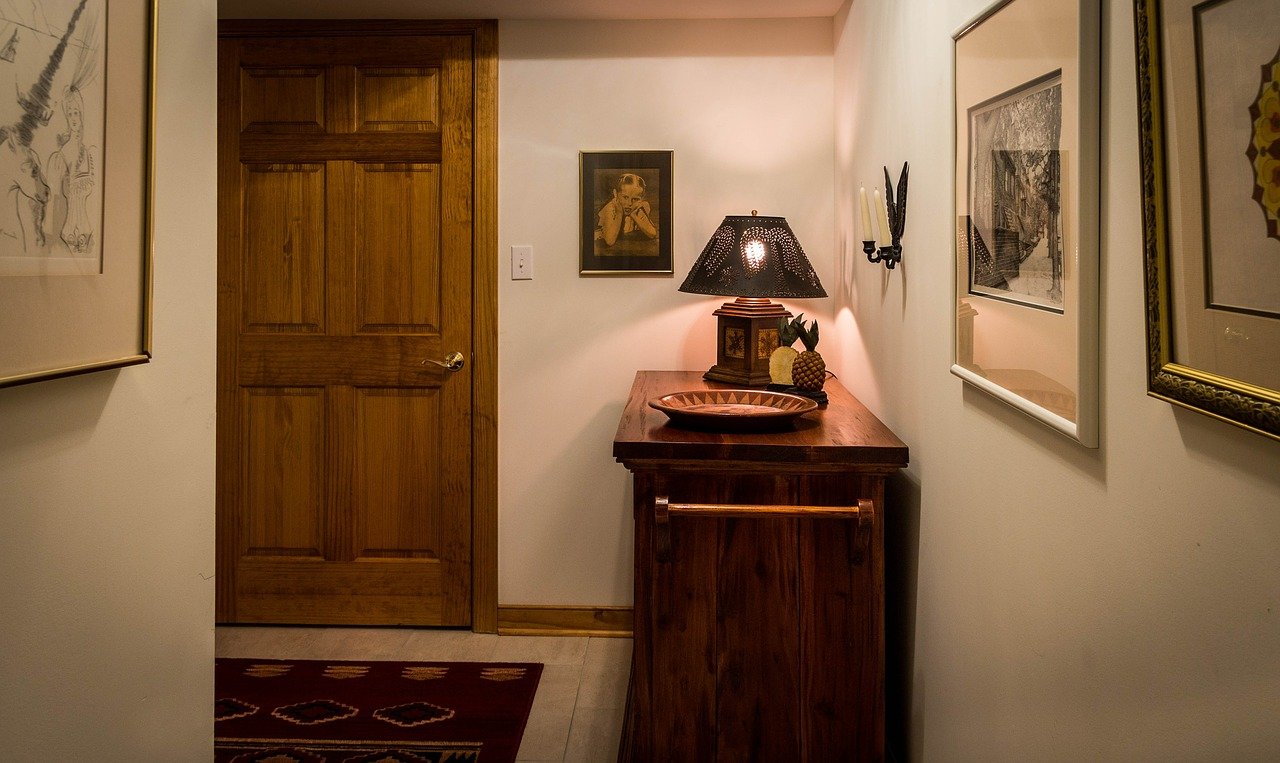Plumbing maintenance is a crucial aspect of home ownership that is often overlooked. Yet, maintaining your plumbing system ensures not only the smooth operation of your home’s water supply but also helps avoid the inconvenience and expense of major plumbing issues. Proper maintenance can undoubtedly save money in the long run and prevent unexpected system failures. This article aims to equip homeowners with essential tips for maintaining long-term plumbing efficiency. By adopting a regular maintenance routine, you can significantly extend the life of your plumbing system and ensure it operates smoothly.
Regular Inspection and Early Detection
Routine plumbing inspections are the foundation of a well-maintained plumbing system. By regularly checking for leaks, drips, and signs of water damage, you can catch minor issues before they escalate into major problems. Look for damp spots, mould growth, or any anomalies around sinks, toilets, and other water fixtures.
Inspecting water pressure is another key element of plumbing maintenance. Consistently high water pressure can strain your plumbing and lead to leaks or bursts. A simple pressure gauge attachment can help monitor the water pressure within safe limits. Additionally, keeping an eye on the rate at which water drains from sinks, tubs, and showers can alert you to potential blockages. Slow drainage often indicates clogs forming within the pipes, which should be addressed promptly to avoid more severe blockages.
Proper Pipe Care and Maintenance
Taking care of your pipes is vital for maintaining the integrity of your plumbing system. During colder months, insulating your pipes can prevent them from freezing and bursting. Insulation sleeves are a practical and cost-effective solution to keep pipes warm and damage-free.
Preventing pipe corrosion and mineral build-up is another essential task. Over time, minerals in the water can accumulate inside the pipes, leading to reduced water flow and potential blockages. Using a vinegar and water solution to flush your pipes periodically can help break down these deposits.
Cleaning and maintaining your home’s pipes should be routine. This entails flushing the pipes to remove any build-up and keeping an ear out for unusual noises, such as banging or gurgling. These sounds can be early indicators of underlying issues like trapped air or compromised pipes, requiring further investigation or professional help.
Efficient Use of Water
Efficient water use plays a significant role in plumbing maintenance and environmental conservation. Installing water-saving fixtures, such as low-flow showerheads and dual-flush toilets, can considerably reduce water consumption without sacrificing performance.
Reducing water waste in daily routines is another simple yet impactful strategy. Encourage household members to take shorter showers, fix dripping taps promptly, and only run dishwashers and washing machines with full loads. Monitoring your water bill for unusual spikes can also help detect hidden leaks or inefficiencies.
Utilising household appliances like washing machines and dishwashers optimally is key. Follow manufacturer guidelines for efficient operation and maintenance, and consider using energy-efficient models that conserve water and perform reliably.
Drain Maintenance and Prevention
Keeping drains clean and free of clogs is essential for a healthy plumbing system. Regular cleaning of sinks, tubs, and shower drains can prevent build-up and blockages. Utilising enzymatic cleaners, which are less harsh than chemical cleaners, can effectively break down organic matter without damaging your pipes.
Preventing common clogs involves being mindful of what goes down the drain. To keep hair and food particles from accumulating and causing blockages, use sink strainers to catch debris and avoid pouring grease down the drain. Grease can solidify inside pipes, leading to significant clogs and potential damage over time.
Maintaining Water Heaters and Boilers
Water heaters and boilers require routine maintenance to ensure their efficiency and longevity. Regularly checking their performance can prevent sudden breakdowns and extend their lifespan. Flushing the water heater periodically helps remove sediment build-up, which can compromise efficiency and lead to higher energy bills.
Adjusting the thermostat can also contribute to optimal performance, ensuring that water temperature is safe and energy-efficient. Pay attention to signs that your water heater may need repair or replacement, such as inconsistent water temperatures or unusual noises from the unit.
Emergency Preparedness and Professional Assistance
Knowing the location of your main water shut-off valve is crucial in case of a plumbing emergency. Being able to quickly turn off the water supply can prevent extensive water damage in the event of a major leak or burst pipe.
In case of plumbing emergencies, having the contact information for a reliable plumber is essential. Professional assistance can quickly resolve urgent issues, minimising further damage and cost. Apart from emergencies, periodic professional plumbing inspections can identify potential problems early, providing peace of mind and preventing costly repairs down the line.
Conclusion
In summary, regular efforts to maintain your plumbing system are vital for the long-term efficiency of your home’s plumbing system. By incorporating routine inspections, proper pipe care, efficient water use, and consistent drain maintenance into your household routine, you can save both time and money. These maintenance tasks not only prevent minor issues from escalating but also extend the lifespan of your plumbing fixtures and systems. Though much of this can be managed personally, recognizing the value of professional help for complex or emergent issues cannot be overstated. Proactively maintaining your plumbing ensures a hassle-free, efficient home environment for years to come.
Read more home improvement articles at ClichéMag.com
Images provided by Deposit Photos, BingAI, Adobe Stock, Unsplash, Pexels, Pixabay & Creative Commons





